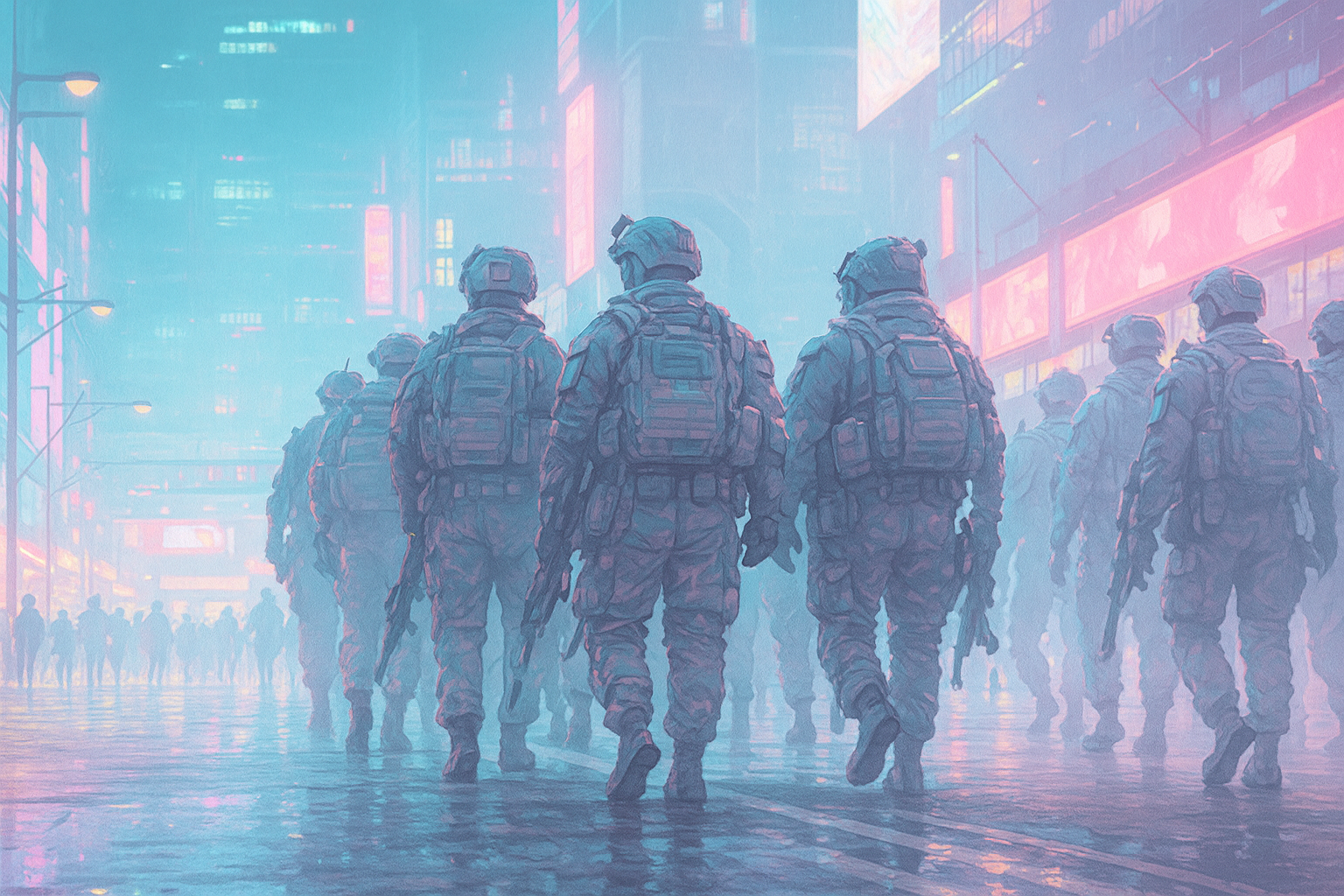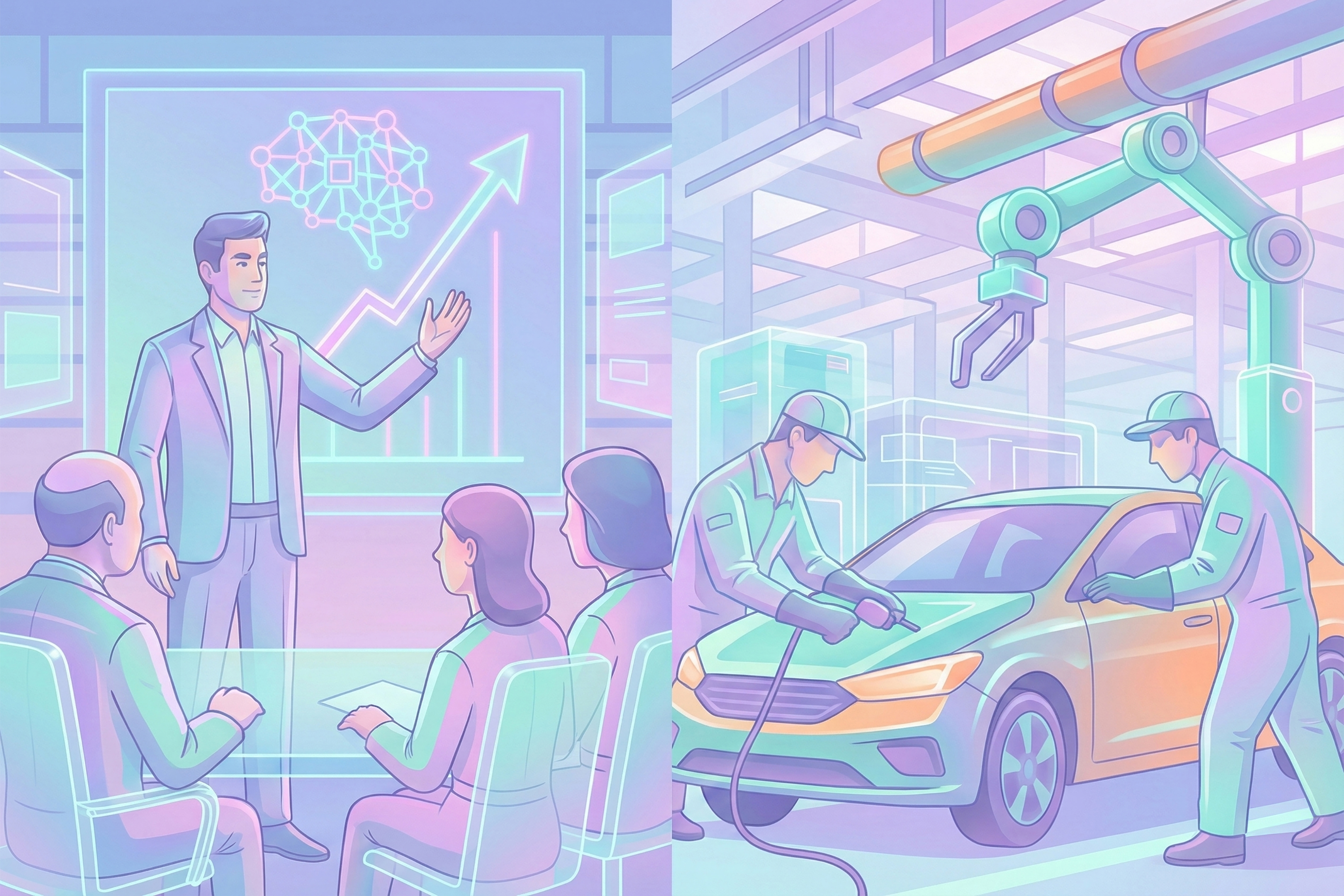
Since the end of the Cold War, Europe’s economic model has depended on cheap energy supplied by Russia, and the Chinese market for cheap labor and manufactures. In the words of EU’s highest diplomat Josep Borrell: “China and Russia provided the basis of our prosperity”. However, the amicable years of globalization have become a thing of the past as economic networks of interdependence have become weaponized for strategic advantage. Europe is now paying the high costs of overreliance, making it clear that it matters where we get our energy from; it matters where our supply chains are located.
Perhaps Russia’s most effective retaliatory move against Western sanctions has been the weaponization of its energy exports. Indeed, control of global oil and natural gas has allowed the nation to have the upper hand in the energy war being fought between Europe and Russia. The move fits into Russia’s long history of using its energy resources as “petro-sticks” and “petro-carrots” to achieve its foreign policy goals.
Europe’s overreliance on Russian energy sent Europe rushing to alternative sources. Germany, for instance, replaced gas with shipments from Norway and the Netherlands built LNG terminals, resurrected coal, and, supported by a mild winter, cut consumption. Whilst media generally argue that Europe has secured alternative energy sources and no longer relies on Russia, analysts remain cautious: They see alternatives to Russia as limited, largely ineffective, and unsustainable, as renewables struggle while coal makes a comeback. It was much easier, on the other hand, for Russia to find markets that replaced European buyers. China and India have largely benefited from discounted prices of Russian oil, and India plans to grab a larger share of Russian exports throughout 2023/24.
It is not just for energy that Europe remains dependent on Russia: Russia supplies much of the world’s wheat, cereal, metals, machinery, and chemical products. Russia is the second largest exporter of cobalt and vanadium, the sixth largest exporter of gold, and accounts for 10% of the world’s nickel supplies, as well as around 12.3% of global platinum. While sanctions substantially decreased the volume of Russian imports from the West, Russian exports boomed in 2022.
Furthermore, Russia hosts key ports, corridors for freight traffic, and rail cargo routes that connect European markets to Asia. Most of the are earth metals mined in China get to Europe through Russian Railways JSC and other carriers.
As long as Russia maintains its grip on these key trade choke points, they will remain easy means for coercion. Europe’s dependence on Russia has rendered the Euro-zone inflation numbers high and thus Europe vulnerable to Russian interests.



